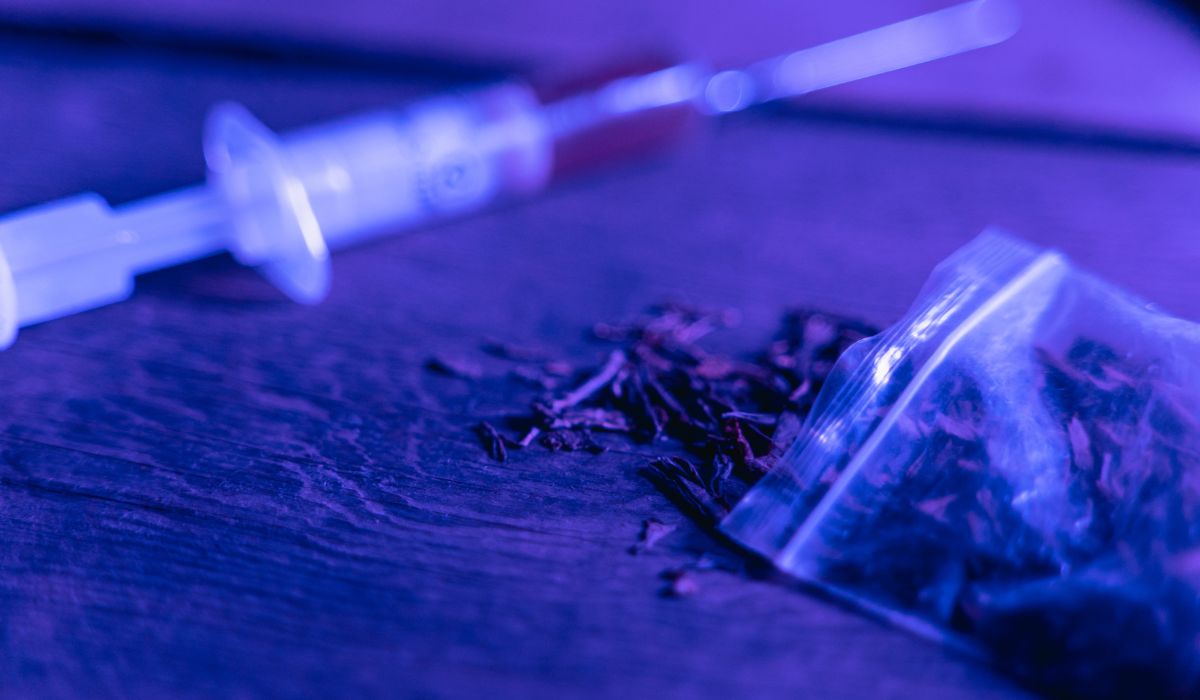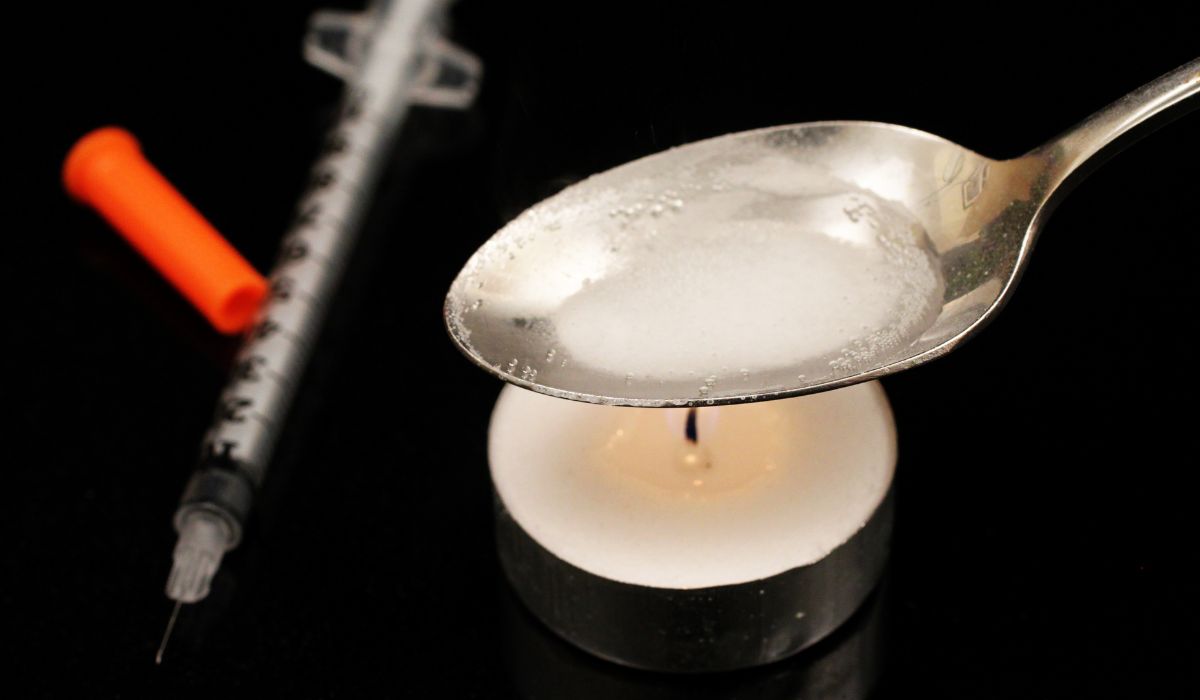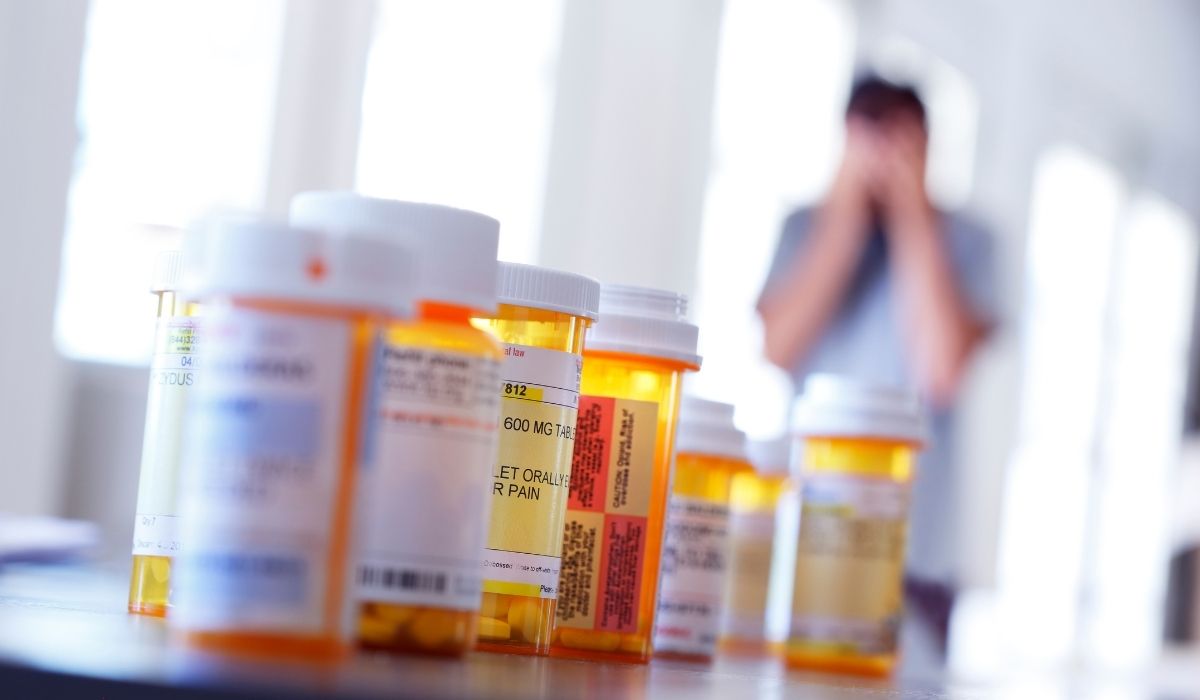Is Cocaine More Addictive Than Alcohol?
Addiction is a disease that can harm the brain, body, and behavior. Many people wonder: is cocaine more addictive than alcohol? Both are addictive substances, but they affect the central nervous system in very different ways. This article will explain the risks, health effects, and treatment options so patients and families can make informed choices.

What Makes a Drug Addictive?
Addictive drugs change the brain’s neurotransmitters, which are chemicals that control mood, memory, and pleasure. When someone uses alcohol or cocaine, the brain releases dopamine, making the person feel good. But over time, the brain may stop working normally without the substance. This is called substance dependence or physical dependence.
How Cocaine Affects the Brain and Body
Cocaine is a powerful stimulant. It increases alertness, energy, and mood for a short time. Many people take it in powder form through the nose or by smoking a crystal form called crack cocaine.
-
Short-term effects: pressure in the chest, aggression, anxiety, and insomnia.
-
Long-term effects: memory problems, psychosis, paranoia, and damage to the liver and heart.
-
High potency means even small doses can create strong cravings.
The Drug Enforcement Administration (DEA) lists cocaine as a Schedule II drug because it has a high risk for abuse but some medical use as a numbing medicine.
How Alcohol Affects the Brain and Body
Alcohol is a depressant that slows down the central nervous system. Many people drink at social events, but heavy or binge drinking can cause serious problems.
-
Short-term effects: relaxation, lowered stress, vomiting, nausea, and poor coordination.
-
Long-term effects: cancer, liver disease, memory loss, and mood swings.
-
Risk of alcohol use disorder (AUD) increases with heavy drinking.
The Centers for Disease Control and Prevention (CDC) report that alcohol misuse is one of the top causes of preventable disease in the U.S.
Is Cocaine More Addictive Than Alcohol?
Research shows cocaine is often more addictive than alcohol because:
-
Cocaine creates a strong dopamine rush quickly.
-
Its effects wear off fast, leading to repeated use.
-
It causes stronger cravings and desire for more.
However, alcohol is also very dangerous because it is legal, widely available, and tied to social behavior like binge drinking. Both drugs carry high risks of addiction and health damage.
Comparing Cocaine and Alcohol Risks
Cocaine Risks
-
Fast-acting addiction
-
Higher chance of overdose
-
Linked to aggression, paranoia, and psychosis
-
Strong cravings make it harder to quit
Alcohol Risks
-
Widespread substance abuse in society
-
Long-term organ damage (especially liver)
-
Withdrawal symptoms like seizures, insomnia, and anxiety
-
Legal status makes it easy to hide addiction
Health Problems Linked to Both
Both cocaine and alcohol can cause:
-
Mood swings and mental health issues like bipolar disorder or anxiety
-
Dangerous withdrawal symptoms such as stress, nausea, and sleep problems
-
Risk of overdose when mixed with other addictive substances like methamphetamine, amphetamine, or opiate drugs such as morphine, oxycodone, and codeine
How Addiction Leads to Dependence
When people continue using cocaine or alcohol, their body builds tolerance. This means they need more of the substance to feel the same effect. Over time, patients may face:
-
Physical dependence
-
Cravings and withdrawal
-
Decline in cognition and memory
-
Struggles with work, school, and family
Withdrawal Symptoms of Cocaine vs. Alcohol
Cocaine Withdrawal
-
Depression and low motivation
-
Paranoia and aggression
-
Strong cravings
-
Sleep problems like insomnia
Alcohol Withdrawal
-
Tremors, sweating, nausea, and vomiting
-
Severe cases may need medication like diazepam, chlordiazepoxide, lorazepam, clonazepam, or alprazolam
-
Risk of seizures and psychosis
-
Medical detox may be required in a treatment center
Why Mixing Cocaine and Alcohol Is More Dangerous
Some people use both substances together. This creates a toxic chemical in the liver called cocaethylene, which can damage organs and increase the risk of sudden death. The mix also worsens withdrawal and raises the chance of relapse.
Treatment Options for Cocaine and Alcohol Addiction
Professional Treatment Centers
Recovery often starts at a treatment center or rehab. Programs may include:
-
PHP (Partial Hospitalization Program): structured daytime care without overnight stays
-
Inpatient rehab: living at the center full-time
-
Outpatient programs: flexible treatment with home support
Therapies and Medicines
-
Therapy and psychology help with coping skills
-
Medication such as methadone, buprenorphine, or naltrexone may help with cravings (more for alcohol and opioid dependence)
-
Diazepam, lorazepam, or chlordiazepoxide may be used for alcohol withdrawal
-
Health professionals guide safe detox and monitor patients
The Role of Insurance in Treatment
Many treatment centers work with insurance to lower the cost of care. Patients should ask if their programs cover rehab, detox, or prescription drug addiction treatment.
Organizations like American Addiction Centers provide resources on insurance coverage, rehab, and recovery plans.
Coping with Stress and Triggers
Addiction recovery means learning to handle stress, cravings, and pressure without drugs or alcohol. Common coping strategies include:
-
Healthy sleep routines
-
Exercise and relaxation for stress relief
-
Support groups for sobriety
-
Medicines like zolpidem, zaleplon, or other sleep aids if insomnia is severe (under a doctor’s care)
Long-Term Recovery and Sobriety
Recovery is not just about quitting the substance. It means building a healthy life, with:
-
Support from family, friends, and community
-
Ongoing therapy to prevent relapse
-
Monitoring for mental health issues like anxiety, bipolar disorder, or depression
-
Staying sober and avoiding all addictive substances

Why Professional Help Matters
Trying to quit cocaine or alcohol alone is risky. Medical detox and therapy at professional treatment centers provide safety, guidance, and long-term support. Addiction is not just a behavior—it is a disease of the brain and body. With the right care, patients can achieve recovery.
Seeking Treatment? We Can Help!
We work with PPO Out of Network Health Insurance Policies
If you or a loved one are struggling with mental health challenges or substance abuse, reach out to Mountain Sky Recovery today. Our team of compassionate professionals is here to support your journey towards lasting well-being. Give us a call at 951-498-5412. Visit SAMHSA for more information.



